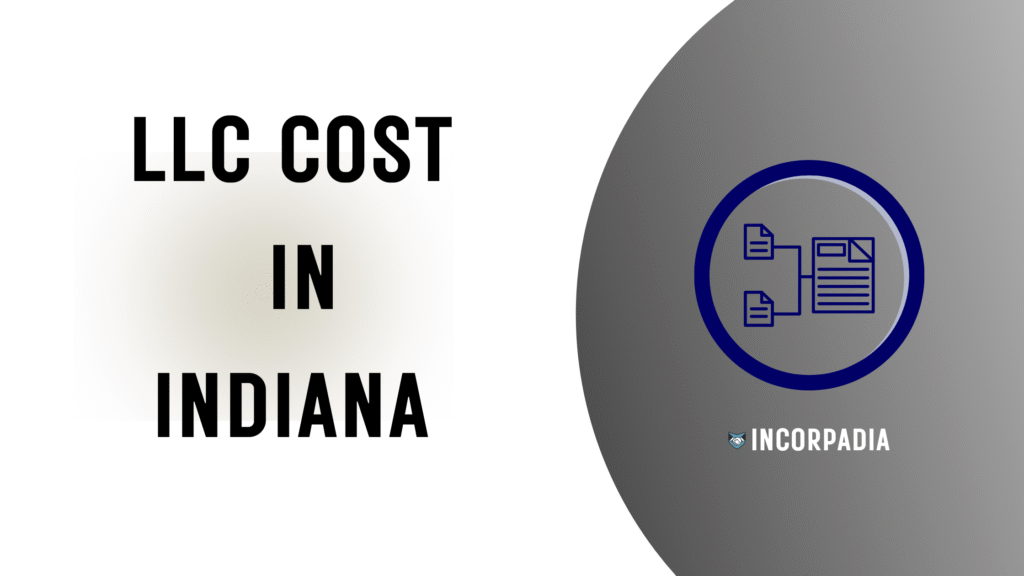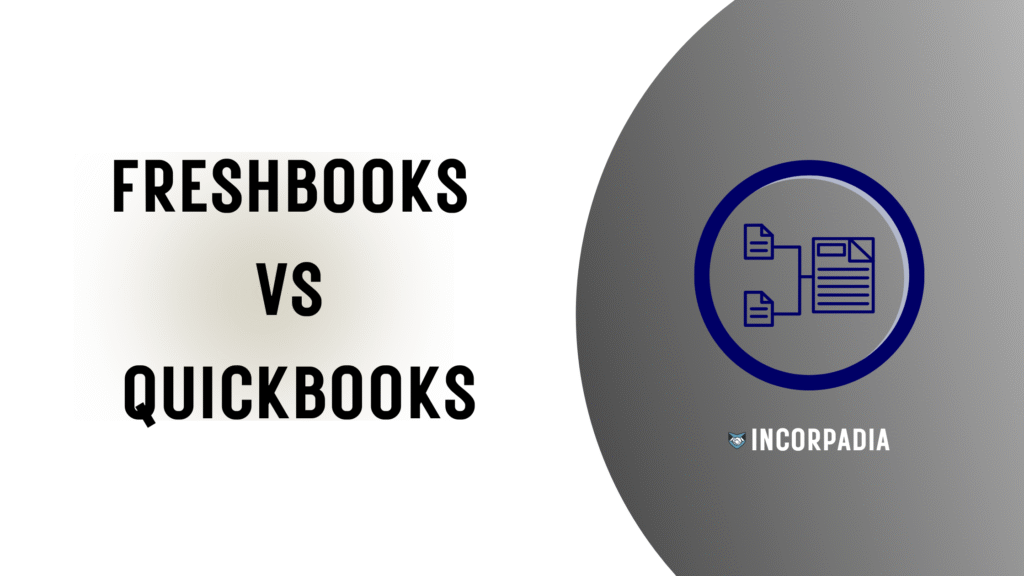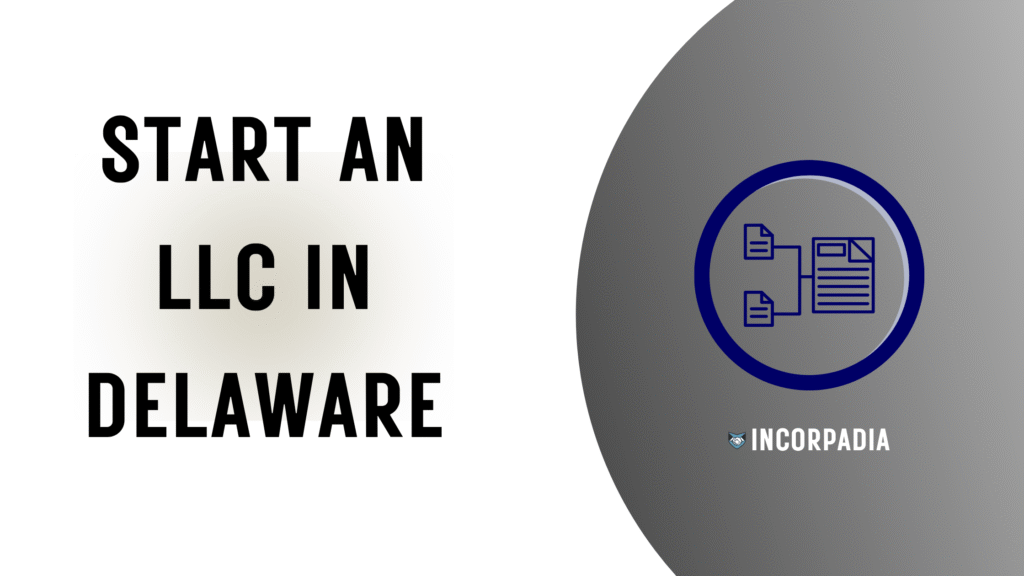Starting a business can feel overwhelming—but forming a Limited Liability Company (LLC) in Indiana is one of the easiest and most cost-effective ways to get going. Whether you’re launching a side hustle, starting a freelance gig, opening a retail store, or building the next big thing, creating an LLC gives you structure, protection, and credibility.
Indiana is known for being business-friendly. The startup costs are reasonable, the filing process is straightforward, and the state offers resources to help new entrepreneurs succeed. An LLC also protects your personal assets—so if your business ever faces debt or legal trouble, your home, car, and savings are generally safe.
Another great reason to start an LLC in Indiana? Flexibility. You can have one owner or many. You can manage it yourself or appoint someone else to run things. You decide how profits are shared. And when it comes to taxes, you can stick with the default (pass-through taxation) or elect something more strategic, like S-Corp status, if it benefits your bottom line.
This guide walks you through the entire process—from picking a name to filing paperwork, choosing a registered agent, getting your tax ID, and staying compliant year after year. It’s designed for beginners, so no legal background is needed. You’ll also find expert tips, common mistakes to avoid, and real-world examples to help you make smart decisions every step of the way.
By the end, you’ll know exactly how to set up and run your Indiana LLC with confidence.
Ready to get started? Let’s dive in.
Steps to forming an LLC in Indiana
1. Search Your LLC Name
Before you can register anything officially, you need a name for your LLC. And not just any name—it needs to be unique and follow Indiana’s naming guidelines.
Here’s what to consider:
- Your name must include “Limited Liability Company” or one of its abbreviations like “LLC” or “L.L.C.”
- It can’t use restricted words like “bank,” “insurance,” or “university” unless you meet special requirements.
- Most importantly, your name can’t be the same as or too similar to another business already registered in Indiana.
Take a few minutes to brainstorm names that reflect your business purpose and sound professional. Then check name availability through the Indiana Secretary of State’s business search tool.
If the name is available, you can reserve it for 120 days—but this step is optional. Most people skip the reservation and go straight to filing.
2. Choose a Registered Agent
Every LLC in Indiana needs to designate a Registered Agent. This person or company is responsible for receiving legal documents and government notices on behalf of your business.
Who can be an LLC Registered Agent?
There are two main options:
- You or a trusted individual
- Must be at least 18 years old
- Must have a physical street address in Indiana (not a P.O. Box)
- Must be available during business hours
- Your name and address become public record
- Professional Registered Agent service
- Maintains your privacy
- Scans and forwards documents reliably
- Keeps you in compliance
- Often offers reminders for annual filings
If you’re starting from home and value your privacy, a registered agent service is a smart choice. They usually charge between $100 and $150 per year and will notify you promptly of any service of process or government correspondence.
Many also include helpful extras like compliance tracking, business forms, and personalized customer support.
3. File Articles of Organization
This is the document that officially forms your LLC with the state of Indiana.
What’s in the Articles of Organization?
You’ll need to provide:
- Your LLC name
- The principal address of your business
- Name and address of your Registered Agent
- Whether your LLC is managed by members or managers
- Signature of the person filing
How much does it cost?
The state filing fee is currently around $95 if you file online. Paper filings cost slightly more. Online filings are usually processed within one business day, while mail filings may take a week or more.
Once the Articles are approved, congratulations—you’re officially in business!
4. Create an Operating Agreement
Indiana doesn’t legally require LLCs to have an Operating Agreement, but it’s highly recommended—even for single-member LLCs.
This internal document outlines how your LLC will be run, who owns what, and what happens if something changes (like a member leaving or the business dissolving).
Key sections of an Operating Agreement include:
- Ownership percentages
- Member roles and responsibilities
- Profit and loss distribution
- Voting rights
- Rules for meetings and decision-making
- Steps for adding or removing members
Having this document in place can help prevent disputes and proves your business is legitimate in the eyes of banks, courts, and future partners or investors.
You can write your own using a simple template or have one created professionally. It doesn’t need to be filed with the state—it’s for your records.
5. Get an EIN for Your LLC
An EIN (Employer Identification Number) is like a Social Security number for your business. You’ll need it to:
- Open a business bank account
- File federal and state taxes
- Hire employees
- Apply for licenses and permits
How can I get an EIN?
It’s free to apply directly with the IRS, and you can usually get it instantly online. If you’re not comfortable applying yourself, some services will do it for a fee (usually around $50–$100), especially helpful if you’re an international applicant without a Social Security number.
What Do I Do After My LLC Is Approved?
Once your LLC is officially formed, there are a few more steps to set up your business the right way.
Business Entity Report
All Indiana LLCs must file a Business Entity Report every two years. This is how you keep your business in good standing with the state.
How much does it cost?
- $31–$32 if filed online
- $50 if filed by mail
When is it due?
Your first Business Entity Report is due two years after your LLC is formed, during the same month you filed your Articles of Organization.
For example:
If you formed your LLC in July 2025, your first report is due by July 31, 2027.
How do I file it?
You file it through the state’s online portal. Just confirm or update your business info and pay the fee. It’s simple and usually takes less than 15 minutes.
If you forget, the state gives you a grace period, but eventually, your LLC can be administratively dissolved.
How Will My LLC Be Taxed?
By default, LLCs are considered pass-through entities. That means the business itself doesn’t pay federal income tax. Instead, profits and losses pass through to the individual members who report them on their personal tax returns.
You can also choose to be taxed as:
- A C Corporation — pays corporate taxes, but may benefit from lower rates at certain profit levels.
- An S Corporation — allows members to pay themselves a salary and take additional profits as dividends, potentially lowering self-employment taxes.
Make sure to consult a tax professional if you’re unsure which route makes the most sense for your situation.
Also, don’t forget about:
- Indiana state income tax
- Sales tax if you sell taxable goods or services
- Employment taxes if you hire staff
After-Formation Checklist
Here’s a quick list to keep your new LLC on track:
- Get a business bank account (you’ll need your EIN and Articles of Organization)
- Apply for any required business licenses or permits
- Set up accounting or bookkeeping software
- Track your expenses and save all receipts
- Get business insurance if necessary (especially if you serve customers in person or have employees)
- Mark your calendar for your Business Entity Report
- Keep your Operating Agreement updated
- Plan for taxes: income, sales, self-employment, etc.
How much does it cost to start an LLC in Indiana?
Here’s a rough breakdown:
| Item | Estimated Cost |
|---|---|
| Articles of Organization | $95 |
| Registered Agent (if outsourced) | $100–$150/year |
| EIN (if self-applied) | Free |
| Operating Agreement | Free–$50 |
| Business Entity Report (biennial) | $31–$50 |
| Optional extras (permits, licenses) | Varies |
Most LLCs can be launched for under $250 if you file yourself.
What is the difference between an LLC and a sole proprietorship?
A sole proprietorship offers no liability protection. If your business is sued or goes into debt, your personal assets (like your home or car) are at risk.
An LLC separates you legally from the business. It protects your personal assets and gives you more credibility when dealing with clients, banks, and vendors.
Final Thoughts
Forming an LLC in Indiana doesn’t have to be overwhelming. Follow these steps, stay organized, and you’ll have a solid foundation for your business:
- Choose a unique name
- Select a reliable Registered Agent
- File your Articles of Organization
- Draft an Operating Agreement
- Get your EIN
- Stay compliant with biennial reports and taxes
Using a trusted Registered Agent can make your life easier, especially when it comes to mail forwarding, privacy, and compliance reminders. But whether you go fully DIY or use a service, the key is to stay informed and proactive.
Congratulations on taking your first steps toward business ownership in Indiana!
FAQs
Can I be my own Registered Agent?
Yes, you can. But keep in mind:
- You must have a physical address in Indiana (no PO Boxes)
- You must be available during business hours
- Your personal address becomes public record
If privacy is important or you’re not always around, a professional service is a good alternative.
Do I need a lawyer to start an LLC?
No, not for a basic LLC. Most people file on their own or use an affordable service. However, if your LLC has multiple members, complex profit-sharing arrangements, or you’re raising investment, consulting a lawyer can help you avoid future problems.
What happens if I forget to file my Business Entity Report?
The state gives you some time—but if you go too long without filing, your LLC may be administratively dissolved. That means your business is no longer legally active and you lose liability protection.
The good news? You can usually reinstate your LLC by filing the missed report and paying a reinstatement fee.
Can I change my LLC name later?
Yes. You can file an amendment with the state to change your business name. There’s a small fee, and the process is fairly straightforward. But it’s always better to start with the right name from the beginning to avoid confusion with banks, customers, or vendors.
How long does it take to form an LLC in Indiana?
- Online filing: Usually processed within 1 business day
- Mail filing: Takes about 1–2 weeks, depending on volume and holidays







